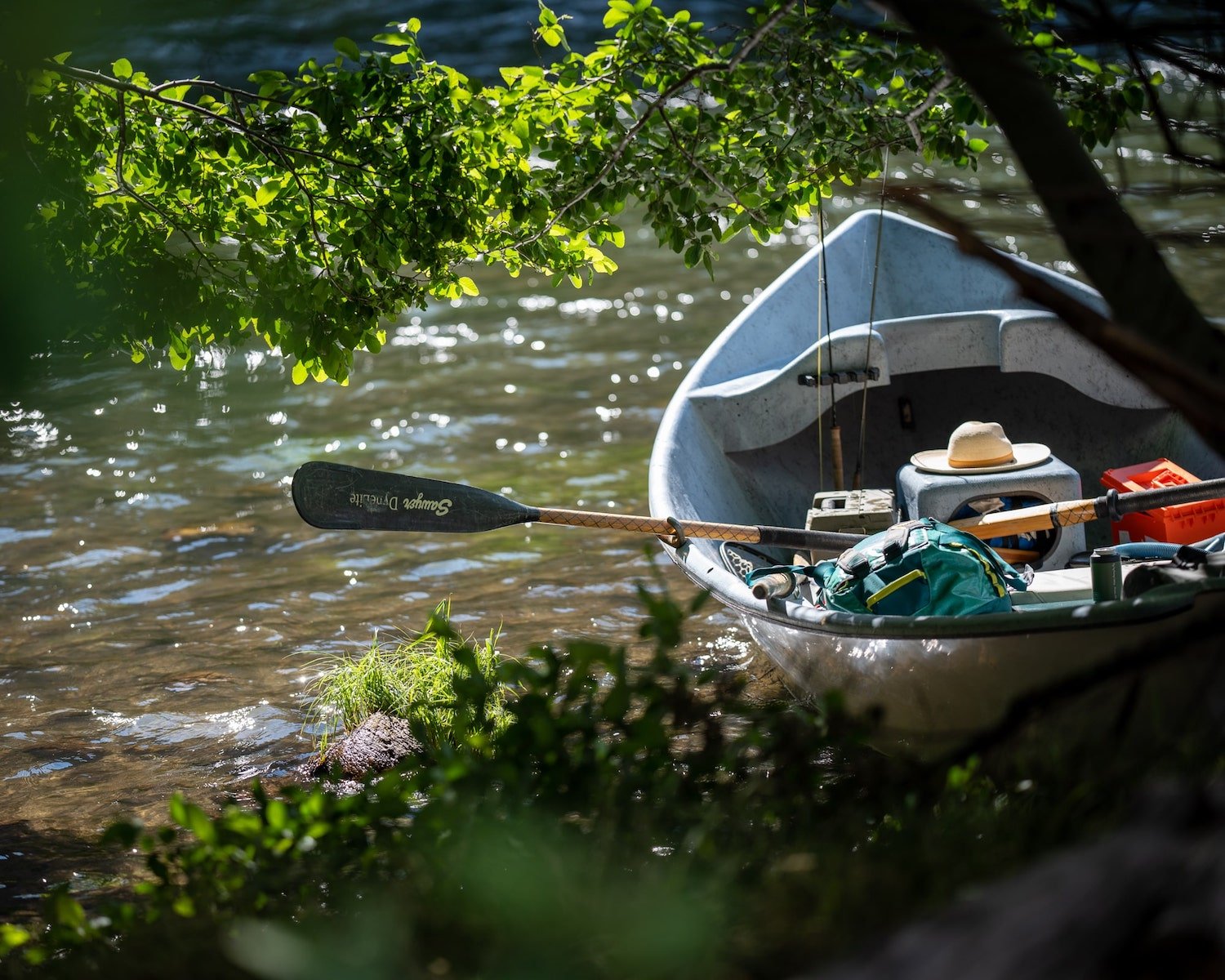Fire Season Is Here
Sweet Relief: An airtanker does its level best to bring the Long Bend fire under control. Photo Courtesy of Gabor Gardonyi.
Status Report: Long Bend Fire
The risk from last weekend’s Long Bend fire has abated, but isn’t zero just yet. Firefighters attained 50 percent containment on the 1,024-acre blaze on Tuesday. The fire, or what is left of it as of 1p.m. Wednesday, is smoldering roughly two miles southwest of Maupin on the west side of the Deschutes River. Firefighters will continue the battle to bring the fire under full containment. Most of the remaining hotspots are along Wapinitia Creek. Boaters and bank fishers beware. Crews will continue to actively patrol, even in areas where the fire appears to be “out.” If you’re floating the river above Maupin, look out for, and by all means, cooperate with choppers as they dip into the river to resupply with water.
We extend a heartfelt thanks to the firefighters who are protecting Maupin and the surrounding community from the worst possible outcomes of the Long Bend fire. More than ever, the future of a vibrant Deschutes River canyon will rely on their considerable skill and hard work. The staff and board of the DRA is relieved that, at least through what appears to be the worst of the fire, no one has suffered a loss of life or property.
Droughts, fires and the future of the lower Deschutes River
Fire risk everywhere in the West is on the increase, due to the impacts of climate change. The Deschutes Basin is no exception. Snowpack in the Cascade Mountains is decreasing by as much as 20 to 40 percent over the previous century. A study commissioned by the state of Oregon to investigate the drought history of major river basins revealed a disturbing trend in the Deschutes watershed. Major long-term droughts occurred twice in the 20th century: 1924 to 1938, and again from 1987 to 1993. Long term drought occurred for a third time in the 21st century: 2000 to 2022. Every 21st century year examined in the study’s database is a drought year on the Deschutes.
What’s happening here can be corroborated with data from other watersheds near and far. The Colorado Basin, for example, has also experienced profound drought most years of this century, so much so that climatologists estimate the southwest has embarked on the worst drought of the last 1,200 years, with no predicted end in sight.
The long-term trend is novel enough to have prompted its own new word to describe it: aridification. Less snowpack, longer, hotter summers, lower moisture content in the soils, so that even in relatively wet years, or a wet spring like the lower Deschutes experienced, fires will occur with more frequency and intensity.
Smokey the Bear Was Right: Only You
Climate change is a vexing issue, less so than the simple things that rafters, campers fishers, cyclists and anyone else spending time on the lower river can do to prevent fires from starting in the first place. The source of the spark that started the Long Bend fire is under investigation, but it was almost certainly human-caused. Blunders in the age of aridification look to be more costly than ever. Last summer, at Heritage Landing, a gust blew a small campstove off a campground picnic table. Three days later, the lower two miles of the east side of the canyon had burned from river level to rim.
Here are some friendly reminders to help us all exercise upmost caution:
First, when towing your drift boat, raft trailer or travel trailer, make sure those drag chains aren’t dragging. If they’re too long, give it a simple twist to shorten it before hooking to your hitch receiver.
Double check your propane or white gas powered stove. No leaks.
Make sure your camp table is secure.
Keep a five gallon bucket of water an arms’ length from your cooking station. If you’re still holding on to your fossil fuel-powered lantern, consider a switch to solar or battery powered camp lights.
Adhere to the fire ban, which means no fires during the summer and most of fall. When fires are allowed, consider a fire pan and fire blanket.
Let’s take good care of each other as well as the river, its rich riparian area and its majestic canyon. The lower Deschutes deserves nothing less.
More From The Blog
Subscribe the the DRA Newsletter
The Deschutes River Alliance is your focused voice to protect the lower Deschutes River, its cold water flows and the fish and wildlife that are sustained by them. We send regular emails with important data and news about the lower Deschutes River. We will not sell or loan your contact information to others.
How to Support the DRA
Everyone wants clean, healthy water in the Deschutes River. Oregonians cherish our clean and healthy waterways to provide drinking water, wildlife habitat and recreational activities. The lower Deschutes River is a federally designated Wild & Scenic River, and a national treasure. It must be protected for the environmental and economic health of Central Oregon. We believe by working together we can return the lower Deschutes River to full health.






















